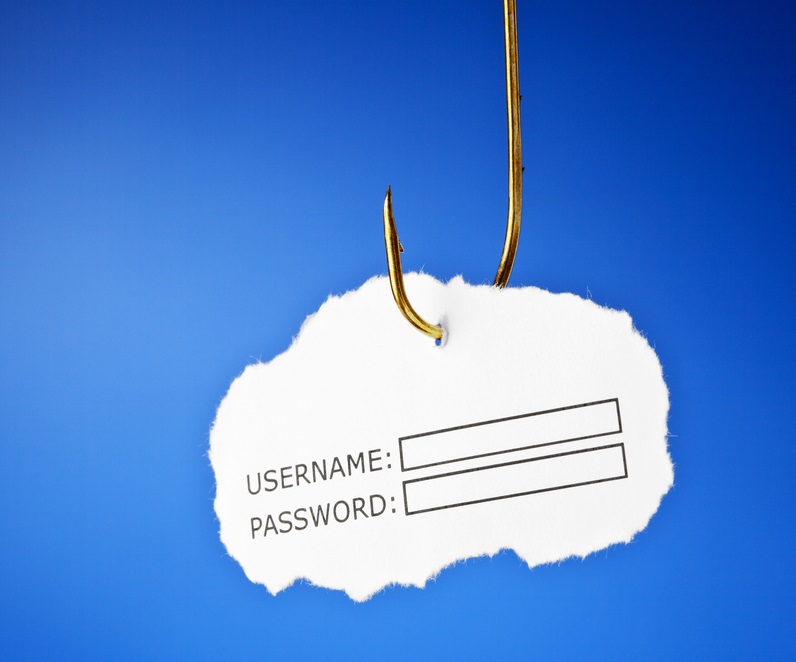

Google has blocked over hundred million Covid-19 spam emails in the past week, as online criminals seek to exploit the Coronavirus pandemic.
In a blog post by Neil Kumaran, product manager for Gmail security, and Sam Lugani, lead security PMM, G Suite & GCP platform, Google revealed that on a daily basis, it is currently blocking 18 million malware and phishing emails related to Covid-19.
Last week, Europol warned that the Coronavirus pandemic has created a window of opportunity for hackers targeting organisations and critical services via ransomware and denial-of-service attacks.
At the moment, Google is blocking more than 100 million phishing emails on a daily basis, 18 million of which concern Covid-19.
This is on top of the more than 240 million Covid-related daily spam messages seen every day.
“No matter the size of your business, IT teams are facing increased pressure to navigate the challenges of Covid-19,” blogged the two Google security men.
“At the same time, some things remain constant: Security is at the top of the priority list, and phishing is still one of the most effective methods that attackers use to compromise accounts and gain access to company data and resources,” they wrote. “In fact, bad actors are creating new attacks and scams every day that attempt to take advantage of the fear and uncertainty surrounding the pandemic.”
They revealed that Google’s new generation of document malware scanners scans over 300 billion email attachments every week.
“These capabilities help us maintain a high rate of detection even though 63 percent of the malicious docs blocked by Gmail are different from day to day,” they wrote.
Typical phishing emails are “impersonating authoritative government organisations like the World Health Organization (WHO) to solicit fraudulent donations or distribute malware,” they warned.
They advise users to complete a security checkup to improve their account security. Also users should avoid downloading files that they don’t recognize; and instead, use Gmail’s built-in document preview.
Also users should check the integrity of URLs before providing login credentials or clicking a link; and avoid and report phishing emails.
Do you know all about security? Try our quiz!
Nine EU countries led by the Netherlands push European Commission for follow-up to 2023 EU…
Former Cruise chief executive Kyle Vogt reportedly raises $150m for The Bot Company at $2bn…
Gotbit founder Aleksei Andriunin pleads guilty to manipulating tokens' trading volume and price after extradition…
ByteDance's largest US investors reportedly in talks for majority stake in US TikTok spin-off, with…
Apple reportedly reassigns Siri development to executive behind Vision Pro after acknowledging delays to much-hyped…
TikTok parent ByteDance, a major AI player in China, releases open technique for training LLMs…